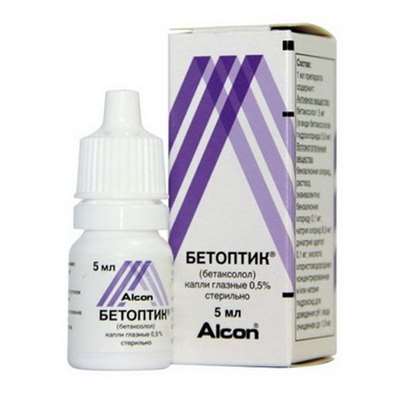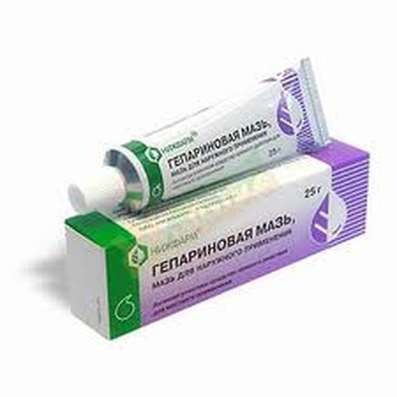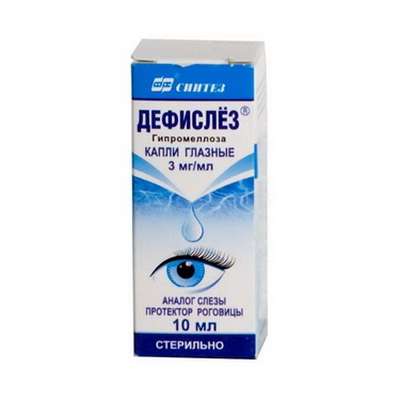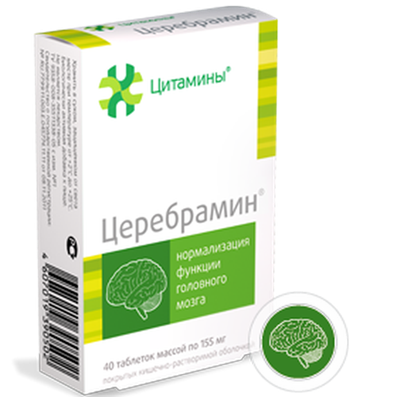Caffeine is doping for chess players?
09 Sep 2016
The completed chess candidates tournament in Moscow, which brought victory to the Russian GM Sergey Karjakin and secured his participation in the match for the world title, has caused almost forgotten love and interest in the great chess in Russia. Moreover, the organization of the tournament also demonstrated a new look and attitude for holding such tournaments - concise, functional, using modern technical capabilities to provide operational information. They were taken into account and the new realities of modern life - safety issues. And not only anti-terrorism, but also against the chess fraud. Nevertheless, it was only non-intrusive background. The organizers had defined the main criterion for determining the success of the event - a commercial success.
However, from the point of view of the observer, again in the spirit of current events, there was a question about doping. It is no secret that athletes, chess players are experiencing severe physical and nervous stress, which are beyond the possibilities of the common man. Moreover, many older GMs came out of the struggle for the chess crown only because of its exhausting nature. Clearly, in this situation, stress, when the athletes that are approximately equal to the category will search for any additional opportunity to obtain the advantages. Some are engaged in hypnotizing the enemy, the other manifestation of sheer indifference and even contempt for the enemy, etc.. But it's all from the field of psychology, morals, education.
But there is a more effective way to artificially increase their physical and mental abilities. Moreover, taking into account interest rates, it is likely that someone dares to use it to the detriment of their health. It is a pharmaceutical that allows you to artificially enhance physical activity and endurance at a sporting event. The fact that such a method is used on a massive scale, confirms the ongoing series in the autumn of last year, corruption scandals involving athletes using banned substances to achieve outstanding sports results.
Today, a huge number of drugs are prohibited for the status of athletes during competition. The modern concept in the fight against doping in elite sport, see the Anti-Doping Code of WADA (World Anti-Doping Agency, founded on the initiative of the International Olympic Committee - IOC). WADA annually publishes a list of banned drugs to athletes and new versions of the so-called standards: International Standard for Laboratories, International Standard for Testing and International Standard for the design of therapeutic exceptions.
One group of doping agents are stimulants or stimulators which act on the central and peripheral nervous system. These include Amphetamine, Ephedrine, Pseudoephedrine, Caffeine, Strychnine, Phenotropil, Mesocarb (Sidnokarb).
In sports, this is reflected in the fact that the content in the body of caffeine is strictly regulated - International Olympic Association recognizes the caffeine in its pure form as a drug, and set standards of its content in the urine (12 ug / ml), and blood, and these rates exclude the possibility of athletes drinking coffee, tea, cocoa, cola, Pepsi and similar drinks, eat chocolate before the competition even in reasonable quantities. However, in everyday life, when there is no strict control and use of these drinks is not serious disqualification, athletes can safely drink coffee and eat chocolate. But in the case of coming to the doping control should refrain from making coffee, beverages and foods containing caffeine for 48-72 hours prior to testing.

 Cart
Cart





